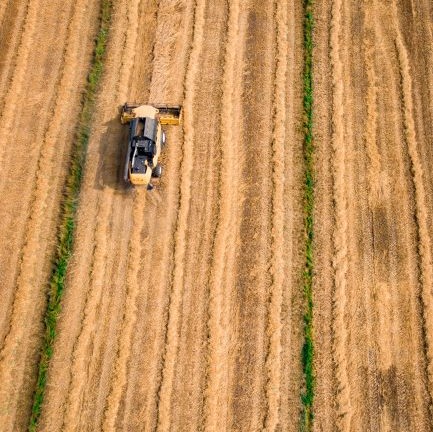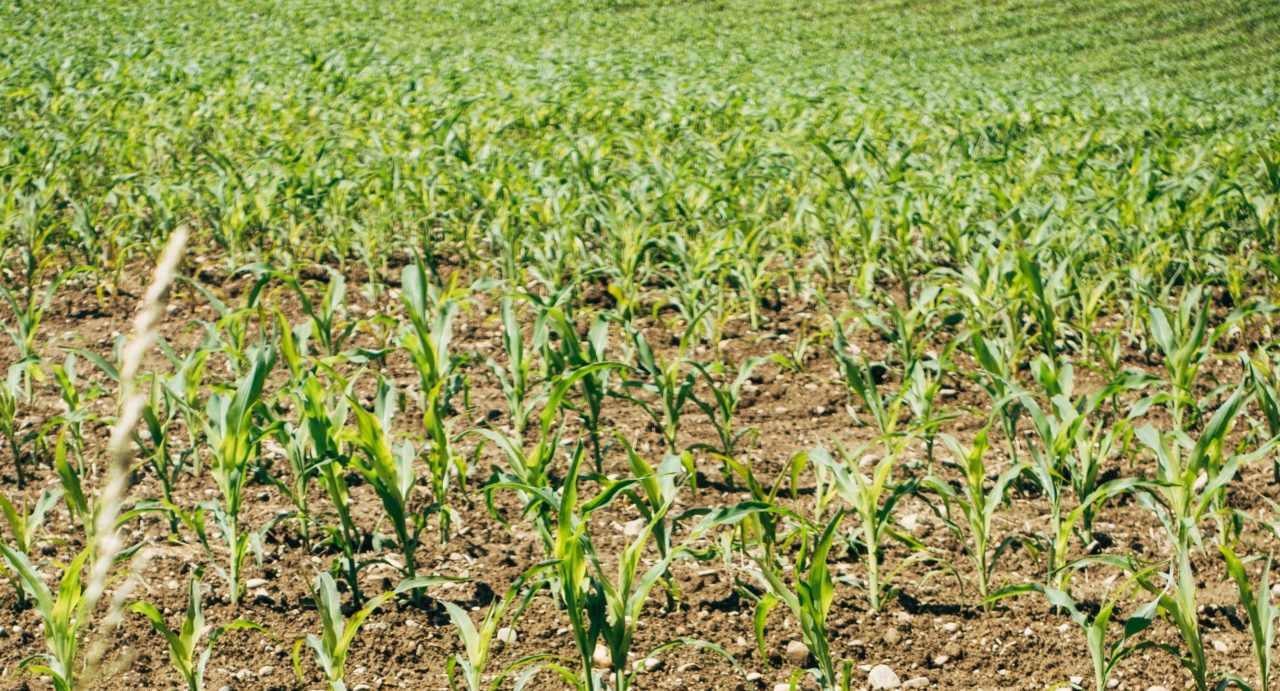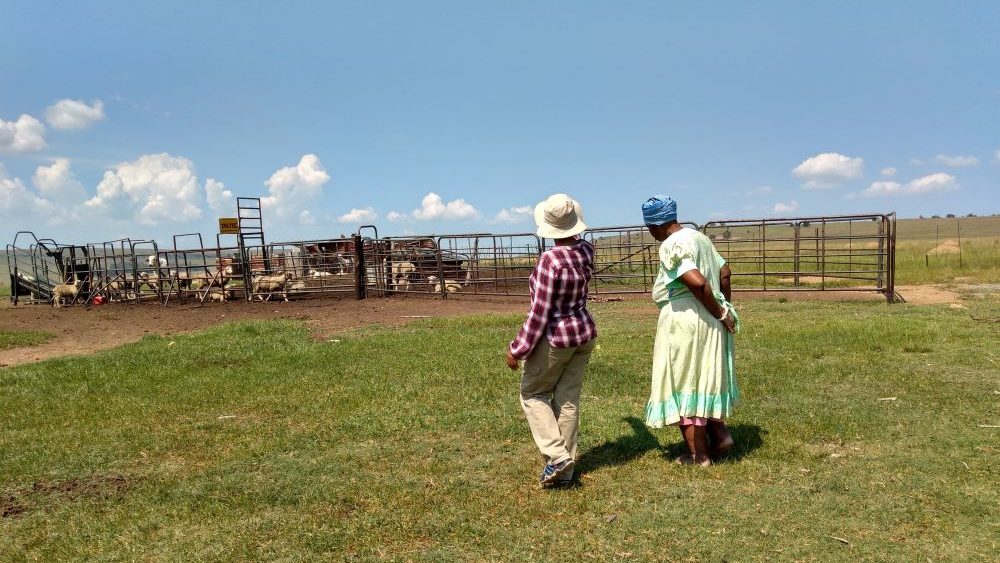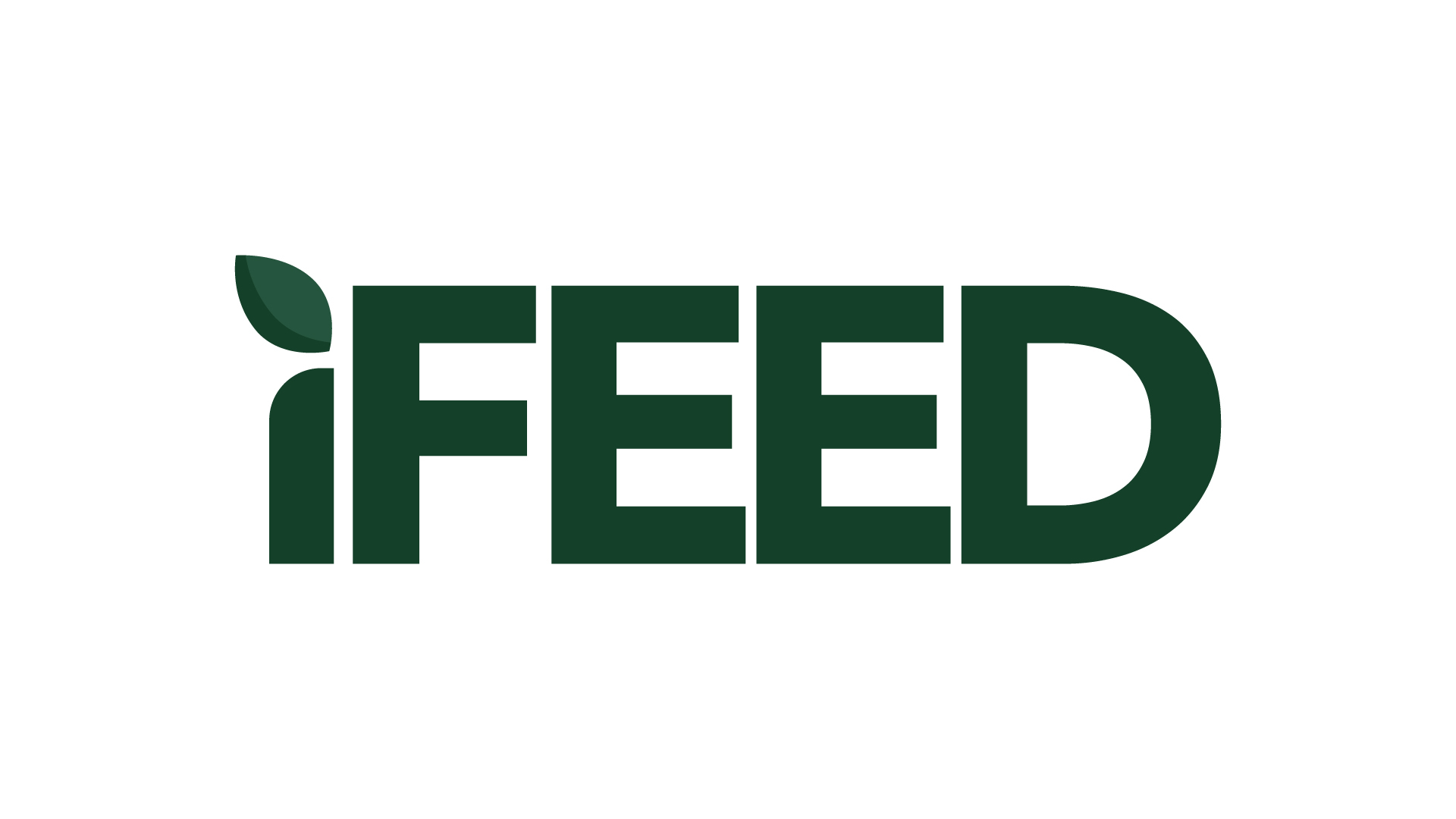This theme models and evaluates the pathways to be followed to achieve food and nutrition security in Malawi, South Africa, Tanzania and Zambia, through agriculture development that is climate-smart and resilient.
An Integrated Assessment Framework incorporates modelling of the full range of climate, agricultural and land-use dynamics in each country with stakeholder-driven scenario narratives and expert judgement. This determines which pathways of regional land use, agricultural technology development and changes in diets – developed in our Policy Design and Implementation theme – can help deliver the Sustainable Development Goals and limit the rise in agricultural emissions for each country.
Using current trends (crop management and yields, climate change, land and water availability, emissions trajectories) we forecast agricultural development and its impact on areas including yield and nutrition, the requirement for land, water, GHG emissions, and ecosystem services. We also mapped the pathways working back from the desired development objectives in 2050 to today, to highlight the routes to achieve these outcomes.
By combining models with expert judgement, we evaluated the trade-offs and opportunities associated with the scenarios developed in our Food Systems Research theme. Through the integrated models, we quantified greenhouse gas mitigation, crop yields, water use, soil fertility and food production. Using trade and land use data, we assessed the amount of food likely to be available in the future under these different scenarios and how this will impact diets and nutrition.
The results are presented in a tool known as the integrated Future Estimator for Emissions and Diets (iFEED), drawing on expertise from across the programme team and input from stakeholders active across the agri-food spectrum in the focal countries. iFEED is a culmination of AFRICAP research and expertise, involving collaborative efforts from all partners across the UK and Africa.
iFEED fully integrates modelling information and expert knowledge, building a more complete picture of potential future scenarios.
Theme Lead – Professor Andy Challinor, University of Leeds
Spotlight
New video: iFEED Champions & Researchers on why it’s valuable and timely
The integrated Future Estimator for Emissions and Diets (iFEED) is a key output of the AFRICAP programme. It provides integrated evidence to shape policies towards climate smart nutrition security in Malawi, South Africa, Tanzania and Zambia. As well as looking at future food production, iFEED includes modelling of emissions, climate extremes and trade and nutrition…
Continue Reading New video: iFEED Champions & Researchers on why it’s valuable and timely
Food Systems and COP26
Stephen Whitfield attended COP26 and presented his ideas on transformation on food systems. In this excerpt from an article originally published on the University of Leeds site, he highlights the work done in this field and the long road ahead: Agriculture has risen the UNFCCC agenda in recent years, perhaps catalysed, to some extent, by…
Modelling GHG emissions from agriculture for AFRICAP
by Sylvia Vetter and Pete Smith Greenhouse gas (GHG) emissions are a major driver of climate change. GHGs emitted from the food system, including crop and livestock production, forestry and associated land-use changes, account for up to one-third of global GHG emissions (1). Besides carbon dioxide (CO2), agriculture emits large amounts of the non-CO2 GHGs…
Continue Reading Modelling GHG emissions from agriculture for AFRICAP
Infographic: Informing a climate-smart, food- and nutrition-secure future for Africa
Climate change will put millions of more people in Africa at risk of food and nutrition insecurity by 2050. Holistic policies on agriculture, nutrition and trade are urgently needed, but making the right decisions today to support sustainable, climate-resilient food systems decades into the future is a complex task. The iFEED tool is an online…




